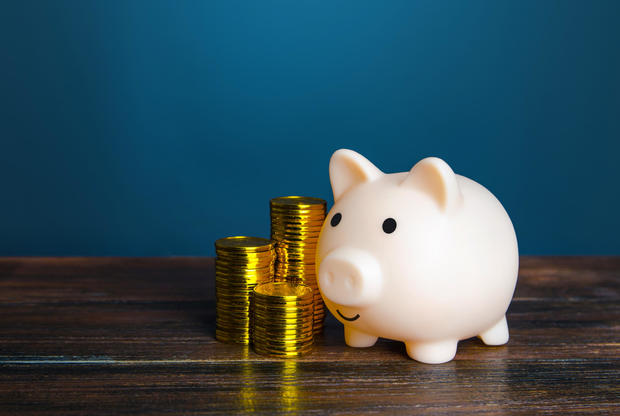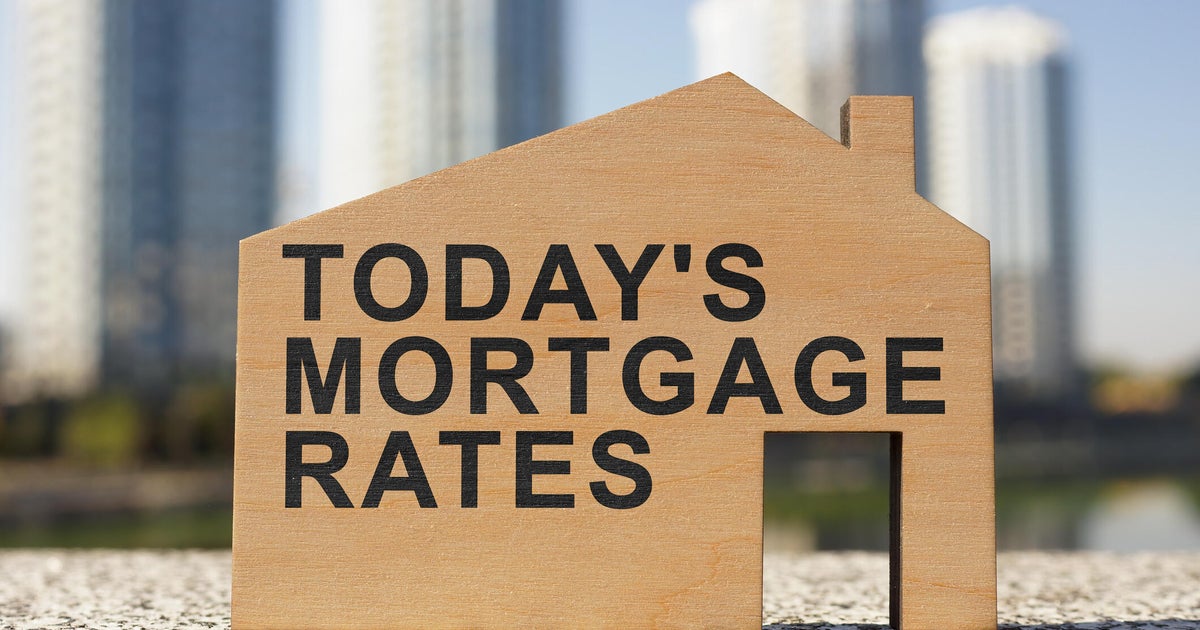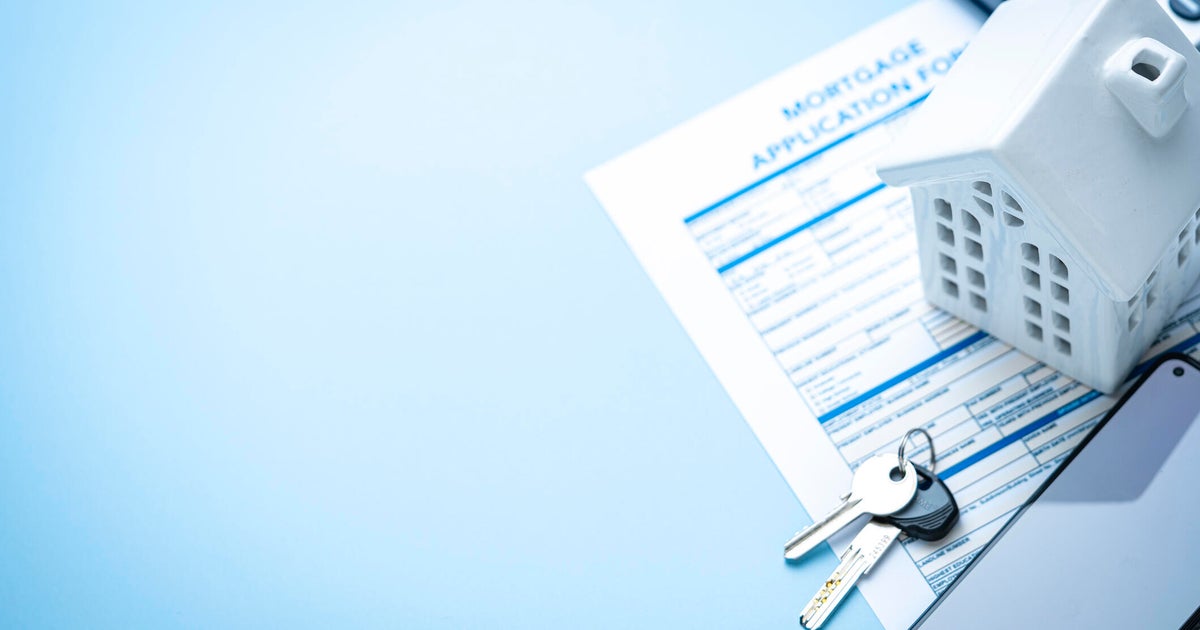Are short-term CDs still worth opening? Experts weigh in
While elevated interest rates have slowed the housing market in recent years, they've been a boon for those with savings deposit accounts, including certificates of deposit (CDs). However, the tides could be shifting due to a couple of key economic developments.
First, inflation is trending downward. According to the Bureau of Labor Statistics, the all-items index increased by 2.9% annually in July, marking the smallest yearly rise since March 2021. Second, as the inflation rate moves towards the Federal Reserve's stated target rate of 2%, the Fed is widely expected to lower interest rates at its meeting later this month. In fact, the CME FedWatch tool predicts at 100% the likelihood that the agency will cut the federal funds rate in September, with a 61% chance the cut will be by 25 basis points.
Any rate cut by the Fed could affect interest rates on deposit accounts like high-yield savings accounts and CDs. Yields are already beginning to adjust downward and could fall further. While it may be tempting to lock in a higher yield with a long-term CD, short-term CDs often offer even higher rates right now. Short-term CDs are savings accounts with terms lasting one year or less, typically three months, six months, or one year.
So with interest rates and inflation easing, is opening a short-term CD still worth it? Let's see what experts say about how a short-term CD could benefit you.
Don't miss out on the opportunity to open a high-rate CD. Compare your top CD account options here.
Short-term CDs are still worth opening, experts say. Here's why
"Even with a September rate cut expected, short-term CDs can still offer a compelling alternative for consumers versus a normal checking or savings account," says Christopher Stroup, a certified financial planner for Silicon Beach Financial. "For those consumers willing to sacrifice some liquidity for a higher interest rate, you can still expect short-term CDs to offer higher yields than comparable products like a high-yield savings account."
Many of today's best CD accounts offer rates over 5%. As Stoup mentions, earning a substantial yield may be worth locking in your rate. Keep in mind, though, that if you need to withdraw funds from your CD account before it matures, you could incur an early withdrawal penalty equal to a specific period of earned interest.
Short-term CDs also allow you to earn interest on the money you're saving for a specific shorter-term goal. For example, if you're saving cash for a down payment on a car in six months, opening a CD that matures during that time frame could help you earn interest without sacrificing your savings.
"CDs tend to be more appropriate for a very specific short-term goal with a clear timeline, as long as you are confident the funds won't need to be accessed early. That's why it's a good idea to ensure there's enough liquid savings elsewhere, such as a high-yield savings account, that can be accessed penalty-free at a moment's notice if needed," Eddy Jurgielewicz, a partner and lead financial planner at Upbeat Wealth, notes.
Find out the top CD rates available to you today.
Other alternatives worth considering
Currently, many high-yield savings accounts offer yields over 5%. CDs and high-yield savings accounts commonly offer higher rates than the average savings rate of 0.46%.
You might also consider purchasing Treasury debt, which is government-issued debt that typically offers interest rates comparable to CDs. Treasury bills, or T-bills, are a popular form of Treasury debt investments that are sold at a discount and mature in terms ranging from a month to a year.
"Treasuries are exempt from state and local income tax, and they are safe and backed by the full faith and credit of the U.S. government," Amanda Vaught, a financial advisor and owner of Propel Financial Advisors, says.
As a result, it's unlikely you'll lose your investment, just as FDIC insurance backs your CD deposits up to their limits.
The bottom line
Is opening a short-term CD worth it for you?
"As with most financial questions like this, it depends on your circumstances," says Vaught. "For a person who has short-term cash needs, a short-term CD may make sense. This could include cash savings for emergency savings accounts, or savings set aside for a near-term goal with a specific date in mind, such as a vacation or new home furniture."
If you are keen on opening a CD account, you might consider doing so before interest rates drop. If the expected Federal Reserve rate cut this month marks the start of a trend toward lower rates, locking in today's rate may make sense. Review the pros and cons of a short-term CD before opening your account, and make sure you use funds you're reasonably certain you won't need during the term.




